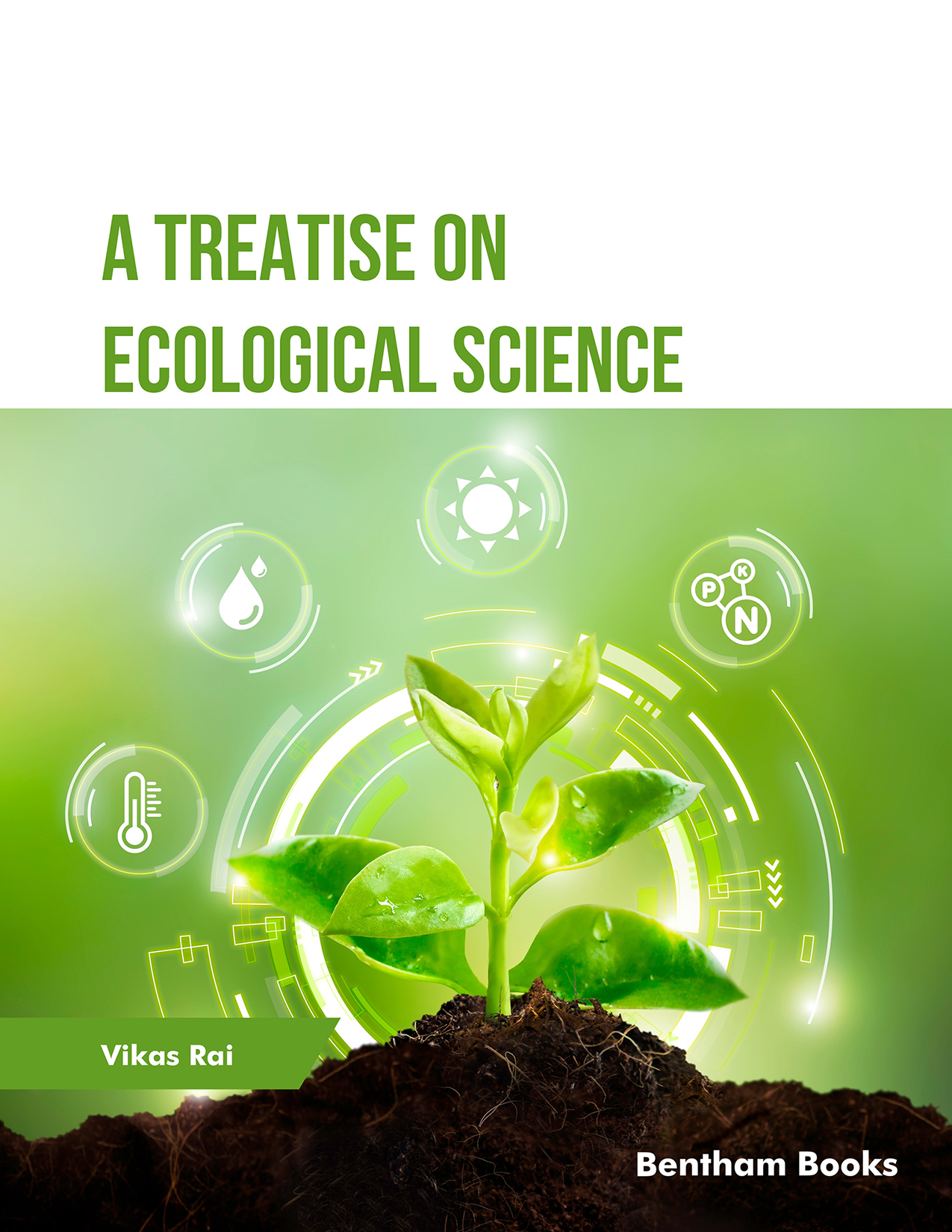Introduction
A Treatise on Ecological Science provides a fresh perspective on modern ecological thought by exploring topics often overlooked in traditional ecological texts. The book opens with a discussion of Network Ecology, unraveling the interconnectedness of ecosystems, and transitions to the intricate relationship between biodiversity and climate change. It further addresses Human Ecology, highlighting its central role in shaping ecological discourse, and explores the principles of Industrial Ecology, emphasizing sustainable practices in industrial systems. The final chapter critically examines the Sustainable Development Goals, offering a balanced view of their benefits and limitations.
Designed to bridge gaps between ecology, industry, and global sustainability, this book serves as an insightful resource for students, researchers, and policymakers interested in contemporary ecological science and its practical applications.
Key Features:
- - Examines underexplored topics in ecological science.
- - Connects biodiversity, climate change, and human ecology.
- - Highlights the role of industrial ecology in sustainability.
- - Provides a critical analysis of Sustainable Development Goals.
Readership:
Suitable for students, researchers, and sustainability professionals.

